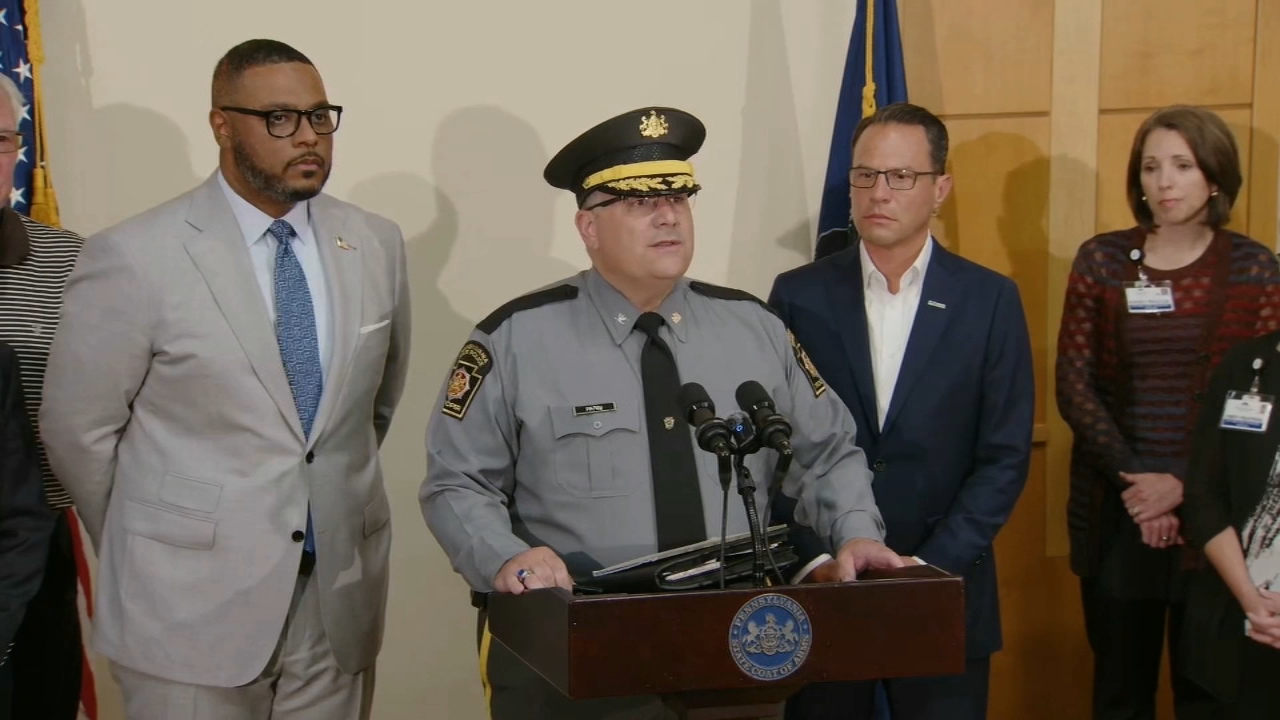In a statement released to the press, Acting NASA Administrator Sean Duffy expressed sympathy, saying, “NASA extends its heartfelt condolences to the family of Captain Jim Lovell. His remarkable life and career have served as a source of inspiration to countless individuals over the years.”
James A. “Jim” Lovell, one of NASA’s most iconic astronauts and the commander of the famously perilous Apollo 13 mission, has died at the age of 97. His passing was confirmed in an official statement released by NASA, which noted that Lovell died on August 7 in Lake Forest, Illinois. As of now, the cause of death has not been publicly disclosed.
Lovell’s family, in a heartfelt statement, requested privacy while mourning their loss. “It is with profound sadness that we announce the death of our beloved father, US Navy Captain James A. ‘Jim’ Lovell,” the family wrote. “He was not only a decorated naval officer, test pilot, and pioneering astronaut, but also the heart and soul of our family. We take immense pride in his extraordinary career and contributions to human space exploration. But beyond his historic achievements, he was Dad, Granddad, and the guiding force in our lives. He inspired us every day with his unwavering optimism, infectious humor, and his ability to make us believe that nothing was impossible. He was truly one of a kind, and we will miss him dearly.”
Jim Lovell’s Career history
Before becoming a household name through the dramatic events of Apollo 13, Lovell had already established himself as a veteran space traveler. He first flew into space as the pilot of Gemini 7 in 1965, followed by his role as commander of Gemini 12 in 1966. In 1968, he was part of the historic Apollo 8 mission — the first crewed spacecraft to orbit the Moon. These early missions cemented his reputation as one of NASA’s most trusted and experienced astronauts.
However, it was the Apollo 13 mission in April 1970 that defined Lovell’s legacy in space exploration. Alongside crewmates Jack Swigert and Fred Haise, Lovell was en route to what would have been NASA’s third successful Moon landing. But approximately 200,000 miles (about 322,000 kilometers) from Earth, an oxygen tank in the service module exploded, crippling the spacecraft’s power systems and life-support functions.
Lovell famously reported the crisis to Mission Control with the now-iconic phrase, “Houston, we’ve had a problem,” alerting the ground team to the life-threatening situation. The explosion forced the crew to abandon their plans to land on the Moon and instead focus all efforts on survival. Using the Lunar Module as a “lifeboat” and executing a series of critical engine burns, the astronauts swung around the far side of the Moon and set a course back to Earth.
After three tense days in space, and with the world watching anxiously, the crew safely splashed down in the South Pacific Ocean, where they were recovered by the USS Iwo Jima. Though the mission failed in its original objective, the successful return of the astronauts against all odds became a legendary example of ingenuity, teamwork, and perseverance. It is now frequently referred to as NASA’s “successful failure.”
Jim Lovell features in movies
The remarkable story of Apollo 13 was later immortalized in the 1995 Hollywood film Apollo 13, directed by Ron Howard. Actor Tom Hanks portrayed Lovell, while Lovell himself made a cameo appearance as the captain of the naval recovery ship. Reflecting on Lovell’s legacy, Hanks shared a tribute on Instagram, saying, “There are people who dare, who dream, and who lead others to places we would not go on our own. Jim Lovell, who for a long time traveled farther into space than anyone before him, was one of those rare individuals.”
Although Lovell never had the opportunity to walk on the lunar surface, he took his place among space history’s most revered figures. Speaking candidly in 2008 during the 40th anniversary of Apollo 8, Lovell admitted that missing out on a Moon landing had once been a source of disappointment. “Twice a bridesmaid, never a bride,” he joked. Over time, however, he came to view the safe return of the Apollo 13 crew as a greater accomplishment than reaching the Moon.
In an official statement following his passing, NASA’s acting Administrator Sean Duffy praised Lovell’s leadership, saying, “Jim Lovell’s calm strength in the face of extreme adversity was critical to the safe return of his crew. His ability to lead under pressure, improvise solutions, and maintain morale in a life-threatening situation set the standard for generations of astronauts to come. His legacy is permanently etched in the story of space exploration.”
Jim Lovell’s life and career continue to serve as a source of inspiration not just for those in the aerospace community, but for anyone who has ever faced overwhelming odds. His courage, resilience, and unshakable belief in the possible will remain a guiding light for future explorers of the final frontier.



https://shorturl.fm/lTkjq
https://shorturl.fm/sLf93